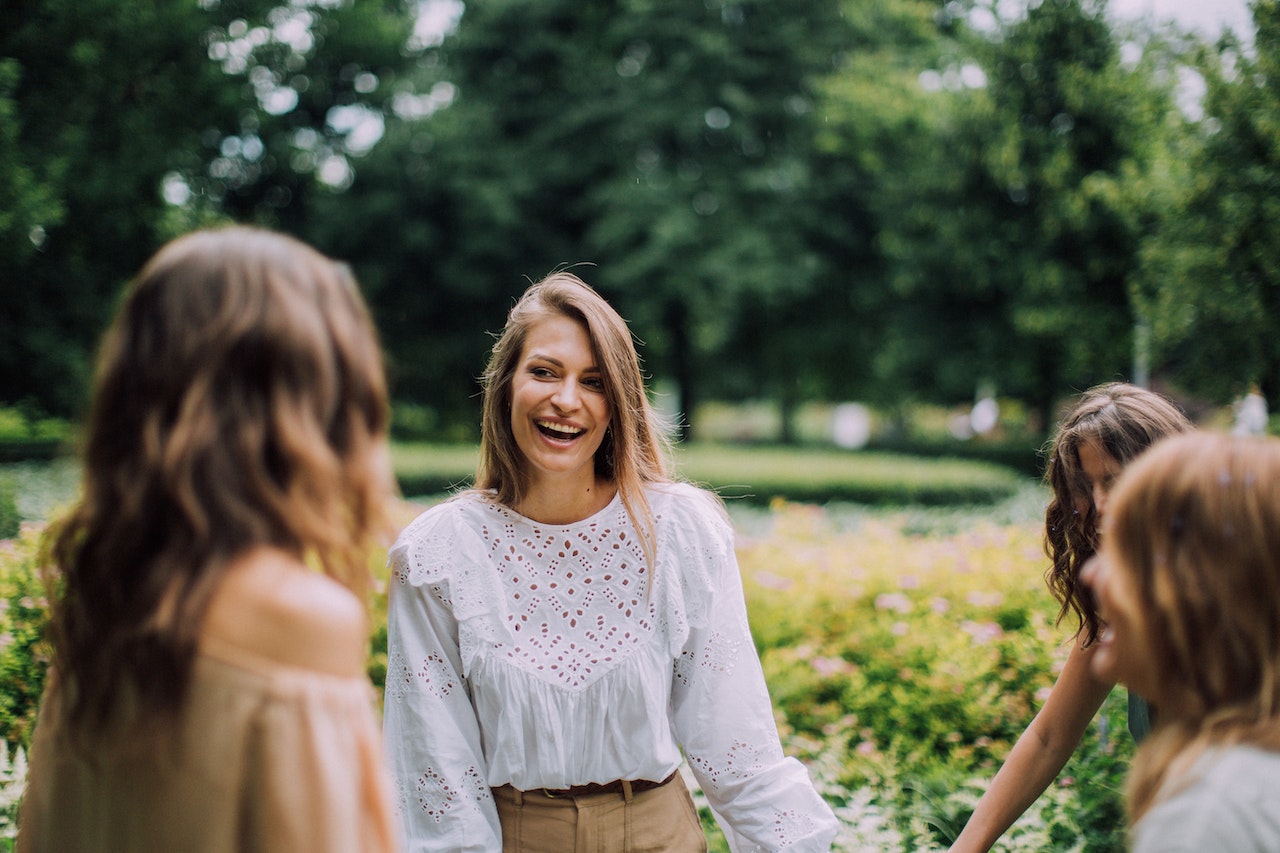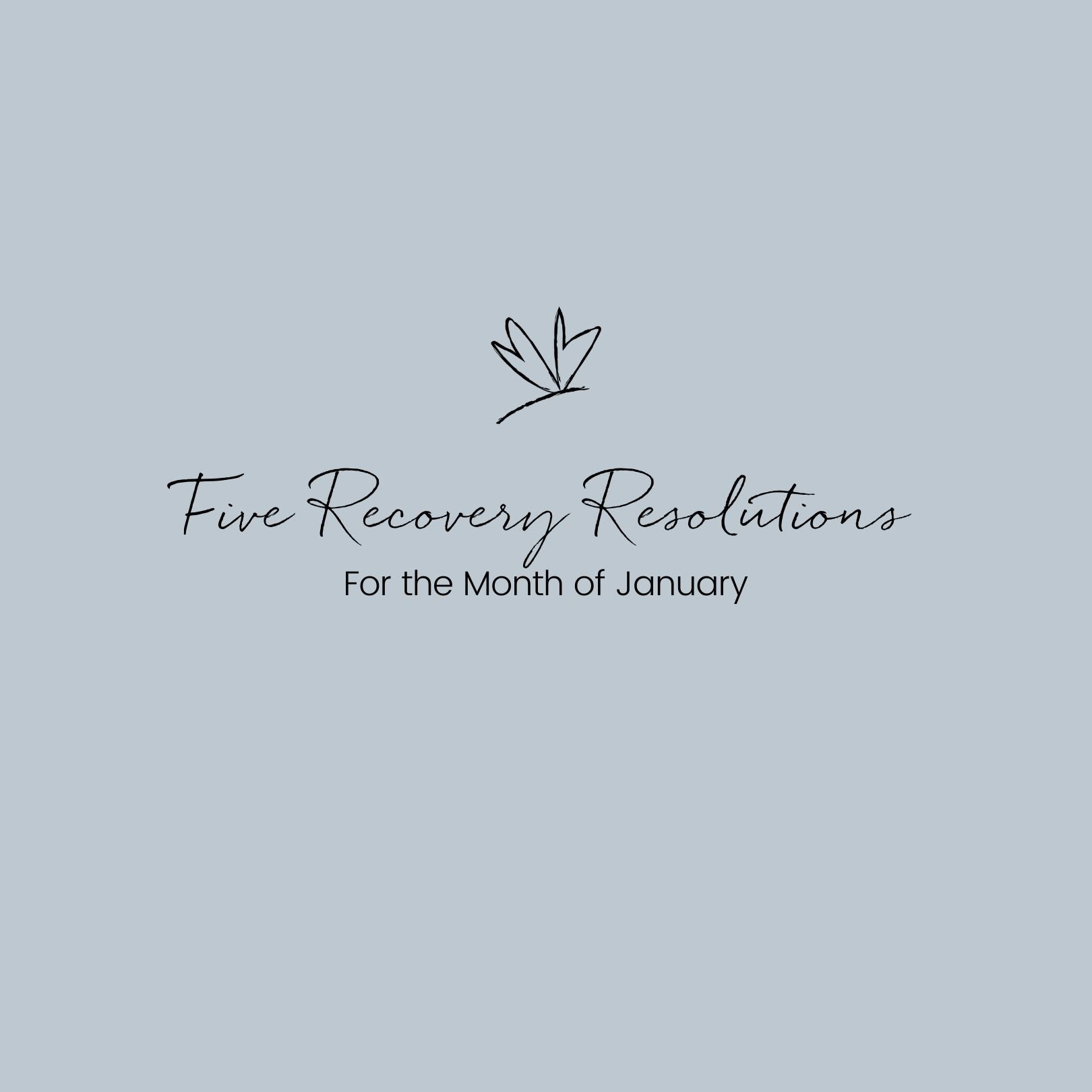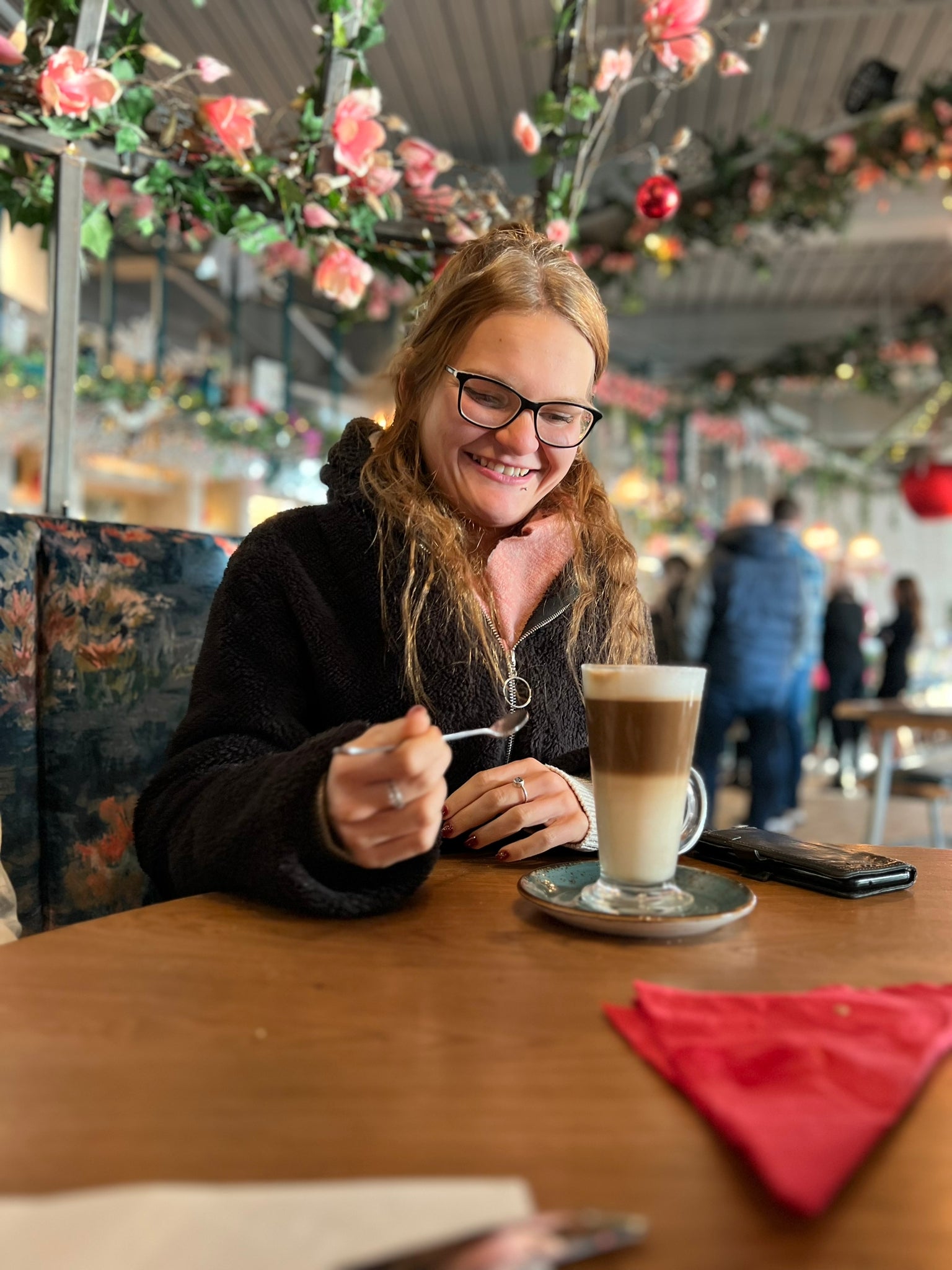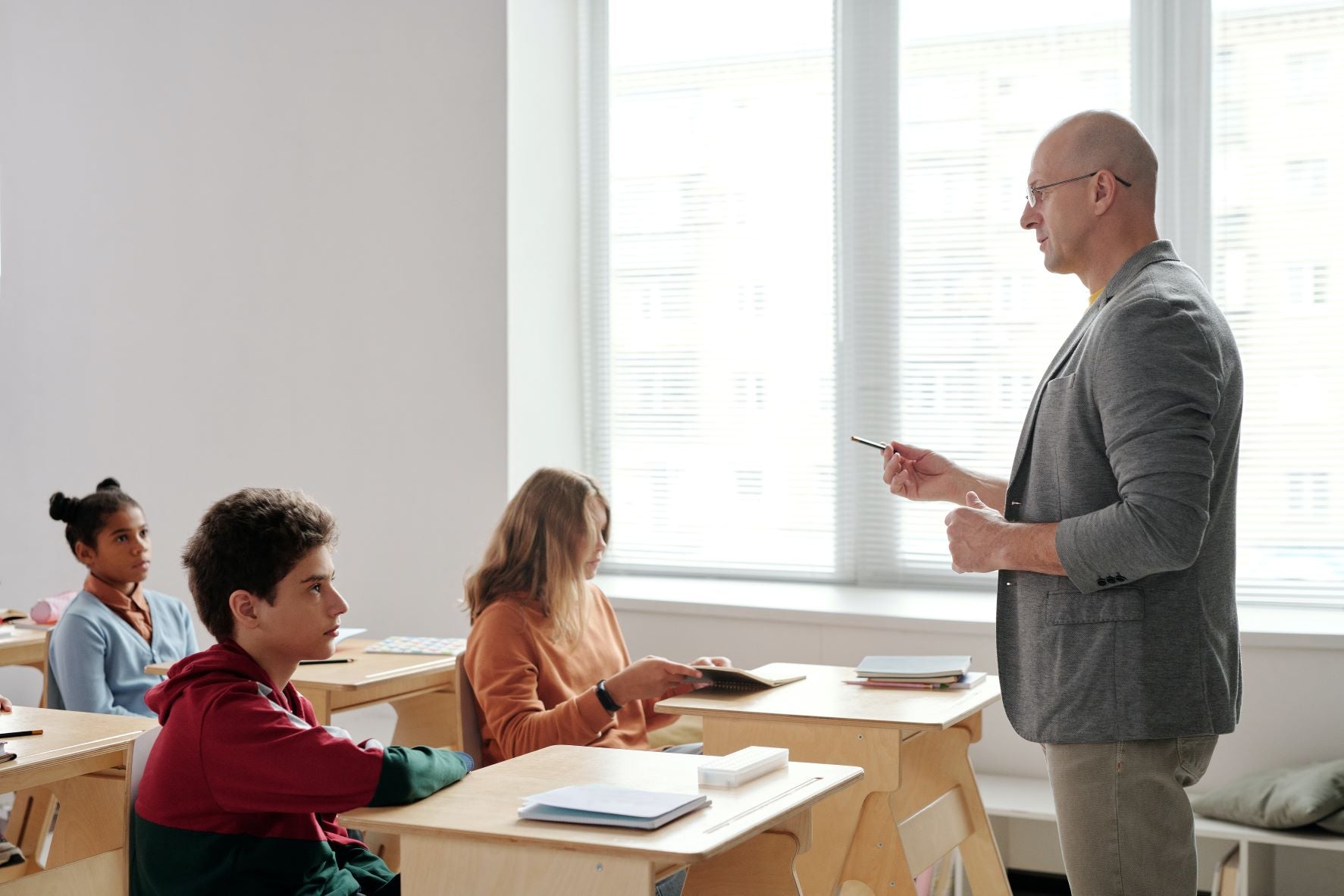Recovering in 2020: The good, the bad,...and the best decision I’ve ever made
What did 2020 represent for you? Did it see you embark on a recovery journey from your eating disorder? Here, Abi Reynolds offers us hope and inspiration in her timely New Year's Eve reflection.
"It’s amazing how a year can feel so empty and so full at the same time.
I could count the number of trips that have taken me beyond a 2-mile radius of my house on the fingers of one hand.
I’ve been in a grand total of two houses other than my own in 365 days.
I’ve eaten in cafes a total of 4 times in 12 months.
We don’t own a car and yet I’ve only been on 2 trains and a handful of buses in the space of 4 full seasons.
Looking at my diary of actual *things*, I reckon there have been fewer proper leaving-the-house, seeing-people-in-person, appointment-y, travel-y, social-y events in my entire year than I normally have in a single month.
And I don’t even live a particularly whirlwindy existence in non-Covid times, so the bar is fairly low.
And yet, I’m exhausted. The kind of fatigue where you’re in Sainsbury’s grabbing a loaf of bread and you look at the floor and think “If I lay down just here, I could deffo fall asleep”.
2020 for me has been a year of home-schooling my 6 year old whilst trying (and regularly failing) to stop my increasingly mobile baby from eating Lego and scaling the heights of his brother’s bunk bed or from barging in on my husband giving an online lecture to 200 students.
It’s been a year of looking after my ailing dad as he suffered and attempted to rehabilitate from a serious stroke.
It’s been a year of starting work again after a maternity-and-ED-treatment-necessitated hiatus.
It’s been a year of standing alone in freezing cold playparks or rain-soaked gardens to give my boisterous boys some fresh air and a chance to get out of the house while school, nursery, playdates, soft plays, birthday parties, visits to family, holidays, library and museum trips and toddler groups were all off the table.
But most of all, 2020 has been a year spent trying to recover from anorexia.
Sure, in 2019 I’d have sworn I was “in recovery” but 2020 was the year I truly committed.
The year I chose to start chipping away at the block of ice that the illness had built around me in an attempt to keep me from truly connecting with the world; a block of ice transparent enough to allow me to see the life I wanted to live and be part of, but hard and cold enough to make it impossible for me to truly be present in the way I was so desperate to be.
In January I was voluntarily admitted to inpatient treatment as I was struggling to keep my head above water.
I was finally ready to admit that consistently ignoring my own needs – both physical and mental - in order to prioritise everyone else’s was coming at too high a cost. I was losing sight of who I really was – the me that existed without a debilitating and life-consuming illness for 30-odd years – and beginning to feel truly hopeless that I would ever find a way to the edge of the darkness, fear and isolation that characterises a life controlled by an eating disorder.
Being away from my family was motivation enough to try to make every minute of my admission count. For me, finding ways to cheat the system or pretend I was taking it seriously when I was already planning my relapse was not an option while my husband and son were having their lives turned upside down at home.
So when I was discharged at the end of February and 3 weeks later lockdown hit, I had two choices.
With in-person ED service appointments stopping with no warning, schools and nurseries closing, panic-buying and food shortages in full swing, being forced to eat all my meals and snacks in the company of 2 small children, having next to no time to myself to process intensely distressing emotions, and being stuck in my house for 23 hours a day when I had an overexercise compulsion which made that literally tortuous, no one would have judged me harshly for deciding that this wasn’t the right time to push forward with challenging disordered behaviours and thoughts, and to set aside my familiar-if-maladaptive coping mechanisms; for feeling like it might be better to just tread water or survive until things “settled down”.
Goodness knows a global pandemic wasn’t the context I had in mind when I committed to full, sustained recovery.
But I didn’t take that option. I tried to look at the sh*tstorm that was the pandemic as an opportunity to do things differently. Previous attempts at recovery, set against the backdrop of a day-to-day life and routine which had been my “norm” for years, had failed. So maybe it was worth giving recovery a shot when the rhythms of mine and everyone else’s lives were suddenly totally different.
I powered on. I ate, I forced myself to give up running, I sobbed in the bath when I needed to, I baked and ate cake with my kids, I outgrew clothes, I filled my sandwiches with crisps and cheese and butter and sat with an at times unbearable weight of guilt without compensating.
I made myself eat even when I had a grumpy toddler on my knee and a 6 year old driving a toy car over my plate of food and it all felt chaotic and out of control.
It was hard and horrible, and it would be dishonest of me to pretend otherwise.
Recovery is very unlikely to feel consistently uplifting or easy or empowering whenever and wherever you choose to tackle it. But I reckon it will always be worth it.
I can’t speak for anyone other than myself, but I can say without a shadow of a doubt that I do not regret committing to recovery at the start of this year. I regret not starting sooner, that’s for sure, but I do not regret slogging away and chipping at that anorexic ice block, even when it felt like the universe was against me.
I’m not fully recovered yet; it’s still a work in progress. And I don’t for one moment assume that my life will be rose-tinted or perfectly happy and sunbeam-filled once I am fully recovered.
But the difference already in my quality of life, my personality, my ability to be present, my spontaneity, my enjoyment in food and friendship, my capacity to laugh until my stomach hurts or to play a Mario Kart marathon and eat sweets with my son without wanting to do 1000 star jumps to undo the “damage” is enough for me to know that I never, ever want to go back.
However tough life is and whatever the universe throws at us, it will never genuinely be easier or more manageable with an eating disorder at the helm. It might feel like that, but honestly, why would we choose to delay the work that will eventually bring us to a place where we can ride the waves of life without having to punish, deprive or abuse our bodies to cope?
I genuinely think I am fortunate enough to be one of relatively few people who are ending 2020 in a healthier, happier place than when it started. Why not make 2021 YOUR year?"
- Dec 2020





